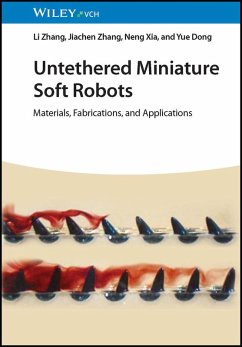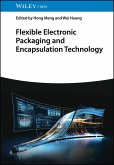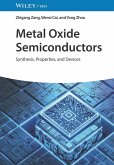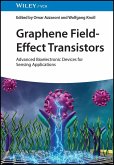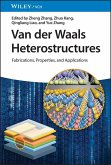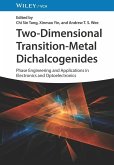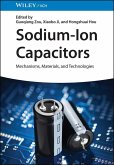Untethered Miniature Soft Robots
Reference on achieving contactless manipulation of soft robots, detailing high level concepts and perspectives and technical skills of soft robots
Untethered Miniature Soft Robots: Materials, Fabrications, and Applications introduces the emerging field of miniature soft robots and summarizes the recent rapid development in the field to date, describing different types of functional materials to build miniature soft robots, such as silicone elastomer, carbon-based materials, hydrogels, liquid crystal polymer, flexible ferrofluid, and liquid metal, and covering the material properties, fabrication strategies, and functionalities in soft robots together with their underlying mechanisms.
The book discusses magnetically, thermally, optically, and chemically actuated soft robots in depth, explores the many specific applications of miniature soft robots in biomedical, environmental, and electrical fields and summarizes the development of miniature soft robots based on soft matter, fabrication strategies, locomotion principles, sensing and actuation mechanisms.
In closing, the text summarizes the opportunities and challenges faced by miniature soft robots, providing expert insight into the possible futures of this field.
Written by four highly qualified academics, Untethered Miniature Soft Robots covers sample topics such as:
Providing highly detailed and up-to-date coverage of the topic, Untethered Miniature Soft Robots serves as an invaluable and highly comprehensive reference for researchers working in this promising field across a variety of disciplines, including materials scientists, mechanical and electronics engineers, polymer chemists, and biochemists.
Reference on achieving contactless manipulation of soft robots, detailing high level concepts and perspectives and technical skills of soft robots
Untethered Miniature Soft Robots: Materials, Fabrications, and Applications introduces the emerging field of miniature soft robots and summarizes the recent rapid development in the field to date, describing different types of functional materials to build miniature soft robots, such as silicone elastomer, carbon-based materials, hydrogels, liquid crystal polymer, flexible ferrofluid, and liquid metal, and covering the material properties, fabrication strategies, and functionalities in soft robots together with their underlying mechanisms.
The book discusses magnetically, thermally, optically, and chemically actuated soft robots in depth, explores the many specific applications of miniature soft robots in biomedical, environmental, and electrical fields and summarizes the development of miniature soft robots based on soft matter, fabrication strategies, locomotion principles, sensing and actuation mechanisms.
In closing, the text summarizes the opportunities and challenges faced by miniature soft robots, providing expert insight into the possible futures of this field.
Written by four highly qualified academics, Untethered Miniature Soft Robots covers sample topics such as:
- Soft elastomer-based robots with programmable magnetization profiles and untethered soft robots based on template-aiding
- Working mechanisms of carbon-based materials, covering light-induced expansion and shrinkage, and humidity-induced deformation
- Designing microscale building blocks, modular assembly of building blocks based on Denavit-Hartenberg (DH) matrix, and inverse and forward design of modular morphing systems
- Material designs of magnetic liquid crystal elastomers (LCE) systems, multiple-stimuli responsiveness of magnetic LCE systems, and adaptive locomotion of magnetic LCE-based robots
- Controllable deformation and motion behaviors, as well as applications of ferrofluids droplet robots (FDRs), including cargo capturing, object sorting, liquid pumping/mixing, and liquid skin.
Providing highly detailed and up-to-date coverage of the topic, Untethered Miniature Soft Robots serves as an invaluable and highly comprehensive reference for researchers working in this promising field across a variety of disciplines, including materials scientists, mechanical and electronics engineers, polymer chemists, and biochemists.
Dieser Download kann aus rechtlichen Gründen nur mit Rechnungsadresse in D ausgeliefert werden.

